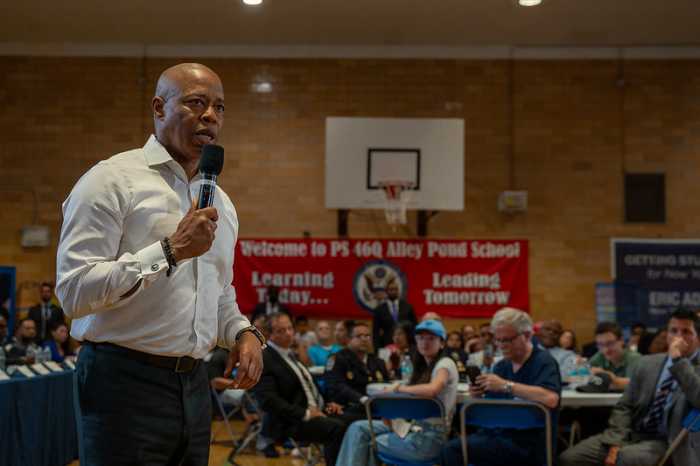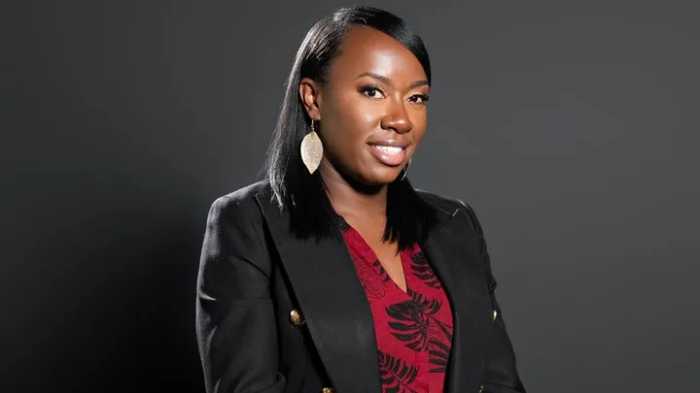Voters across the five boroughs voted overwhelmingly in support of three proposals to amend New York City’s Charter in regards to campaign finance, civic engagement and community boards. The three initiatives on the ballot Tuesday were devised by the Charter Review Commission, which was appointed by Mayor Bill de Blasio to explore ways to improve democracy.
One hotly debated issue was Proposal 3 which would impose term limits on community board members limiting them to a maximum of four consecutive two-year terms. That measure passed with the support of 72 percent of the vote. Supporters of term limits argued they would ensure turnover and make the boards more diverse and representative of their communities. Detractors believed term limits would cost community boards members with “institutional knowledge” of land use and development rules.
The provision will go into effect in April 2019 and terms already served will not count towards the new term limit.
Another proposal asked voters to create a “Civic Engagement Commission” that would increase participation in the democratic process on several levels, including citywide participatory budgeting, which would allow residents to vote on ways to spend city funds. That won approval with 65 percent of the voters.
The most popular proposal turned out to be the first ballot question that would amend the city’s campaign finance system by making changes designed to address persistent perceptions of corruption associated with large campaign contributions. This measure would cut the maximum amount of campaign contributions allowed for candidates running for city office.
That proposal was approved by 80 percent of voters.
“The Charter Revision process is designed to improve democracy in New York City and tonight, the voters have spoken,” Charter Review Commission Chairman Cesar A. Perales said. “Through meetings over months that spanned all five boroughs, the Charter Review Commission was proud to meet New Yorkers in their neighborhoods to hear their ideas on how to make New York City a better place. I’d like to thank our commissioners, members of the public, elected officials, good government groups and others who submitted ideas and thoughts. The Charter Revision process is one designed to engage New Yorkers about the future of their city and that is exactly what happened.”





































